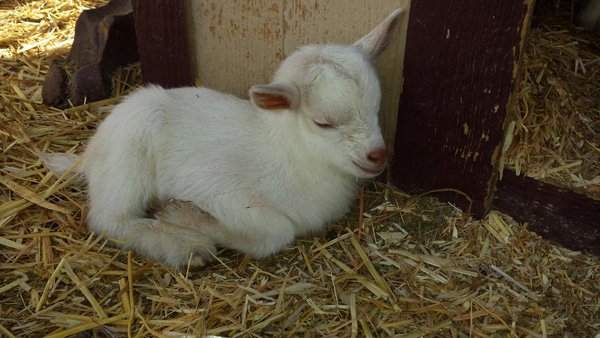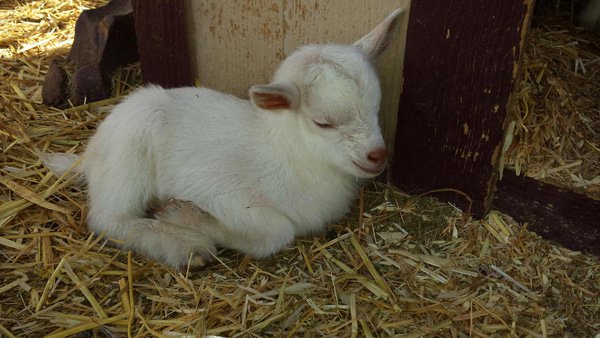
The are several options when it comes to buying your hamster. Your choice might be determined by the species and type of hamster you want, depending on what is available in your area.
Both Syrian (also known as golden and teddy bear hamsters) and dwarf hamsters can be purchased from local pet stores. They can also be purchased from hobbyists and members of local hamster clubs. There benefits and drawbacks to each option.
Local pet stores are convenient and also provide other things you will need for your hamster, such as food, housing, etc. This makes for one-trip shopping and can be a huge time-saver. Price can be a factor, as well, because pet stores can purchase offer hamsters at a lower price than some smaller breeding operations can.
Keep in mind that local pet stores (especially the chain stores) do not often interact with the hamsters and this can lead to difficulties in socializing and taming your potential pet. Another thing to consider is that male and female hamsters are sometimes kept in the same housing area, and this could lead to a surprising hamster population explosion in your house after you find you have purchased a pregnant female. (It happens!) They may also be less likely to be able to give you a male or female hamster, since sexing hamsters can be difficult.
Overcrowding in pet shops is often seen, and there are some pet stores that do not clean the living area frequently enough. Before selecting a hamster, make sure you check to see that the living area is clean and relatively free of odor.
Local, hobbyist breeders can offer personalized service and will often interact with the hamsters, making the task of taming your hamster quite simple. Taming might not even be necessary - only a period of settling in for your hamster so he can get used to his new surroundings.
Hamster club members are also a great source of pets. Hamsters are shown (like cats and dogs), and hamsters that are nervous or bite are not considered good show quality and are, therefore, not bred. Hamsters are bred for the traits that win awards, and that includes being confident and easily handled. These qualities make for great pets.
Hobbyist and hamster club members breeders are often more careful to avoid unnecessary hamster breeding, since they are careful not to encourage the passing on of undesirable traits and also are mindful of space considerations, so the risk of purchasing a pregnant hamster is less.
No matter where you purchase your pet, look to see how the hamster reacts to the handler. Do not purchase a hamster that bites or is otherwise not easily handled - this means it has not been socialized and it might not be possible to tame the hamster once you bring him home. Do not purchase a hamster that looks sickly or weak, because he might be ill. Look for cuts or abscesses and any skin conditions, as well. Skin infections and hair loss can also indicate illness or unsanitary housing conditions.
 What Is A Basenji?
What Is A Basenji
What Is A Basenji?
What Is A Basenji
 Pedigree Dogs Exposed - The Bbc Documentary On Breed Standards (part One)
Pedigree Dogs Exp
Pedigree Dogs Exposed - The Bbc Documentary On Breed Standards (part One)
Pedigree Dogs Exp
 Tick Diseases In Your Pet – How To Spot Them
With the first day of summer just over a month away, in some
Tick Diseases In Your Pet – How To Spot Them
With the first day of summer just over a month away, in some
 Choose the best catfish pellets for your catfish for their food needs
Choose the best catfish pellets for your catfish for their
Choose the best catfish pellets for your catfish for their food needs
Choose the best catfish pellets for your catfish for their
 Get The Best Dog and Cat Training Treats
Get The Best Dog and Cat Training Treats
Cheap
Get The Best Dog and Cat Training Treats
Get The Best Dog and Cat Training Treats
Cheap
Copyright © 2005-2016 Pet Information All Rights Reserved
Contact us: www162date@outlook.com